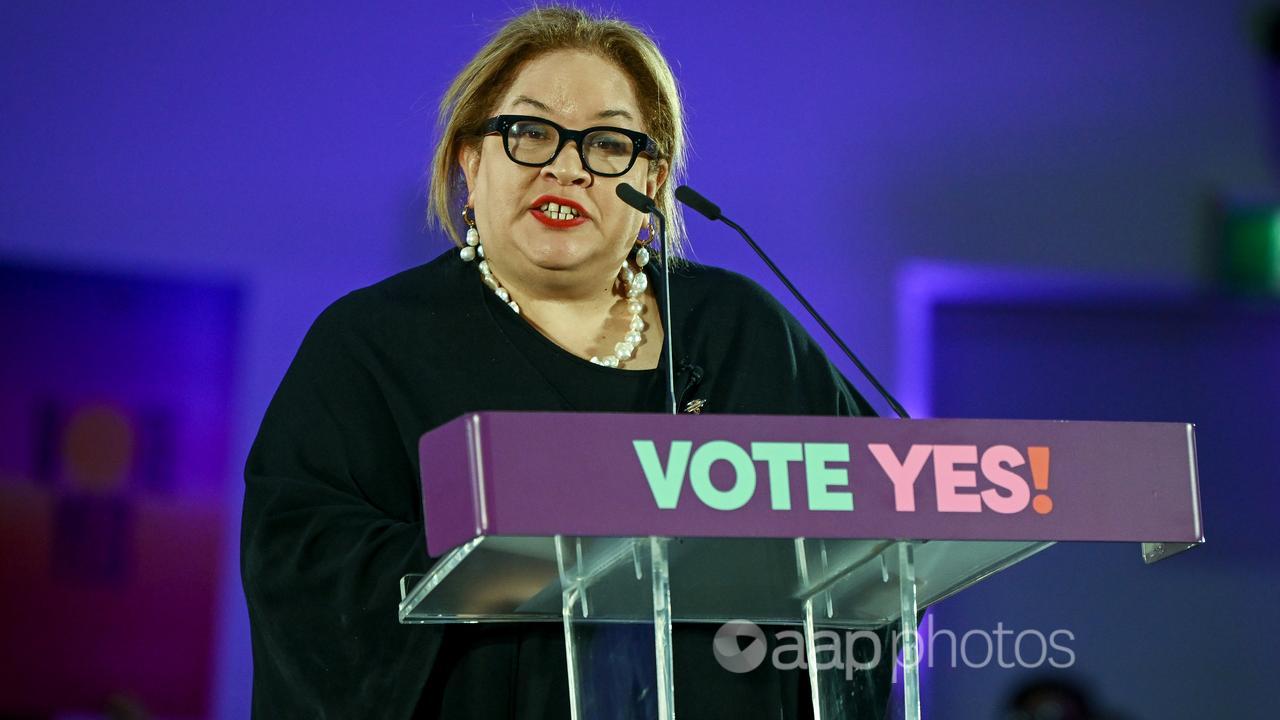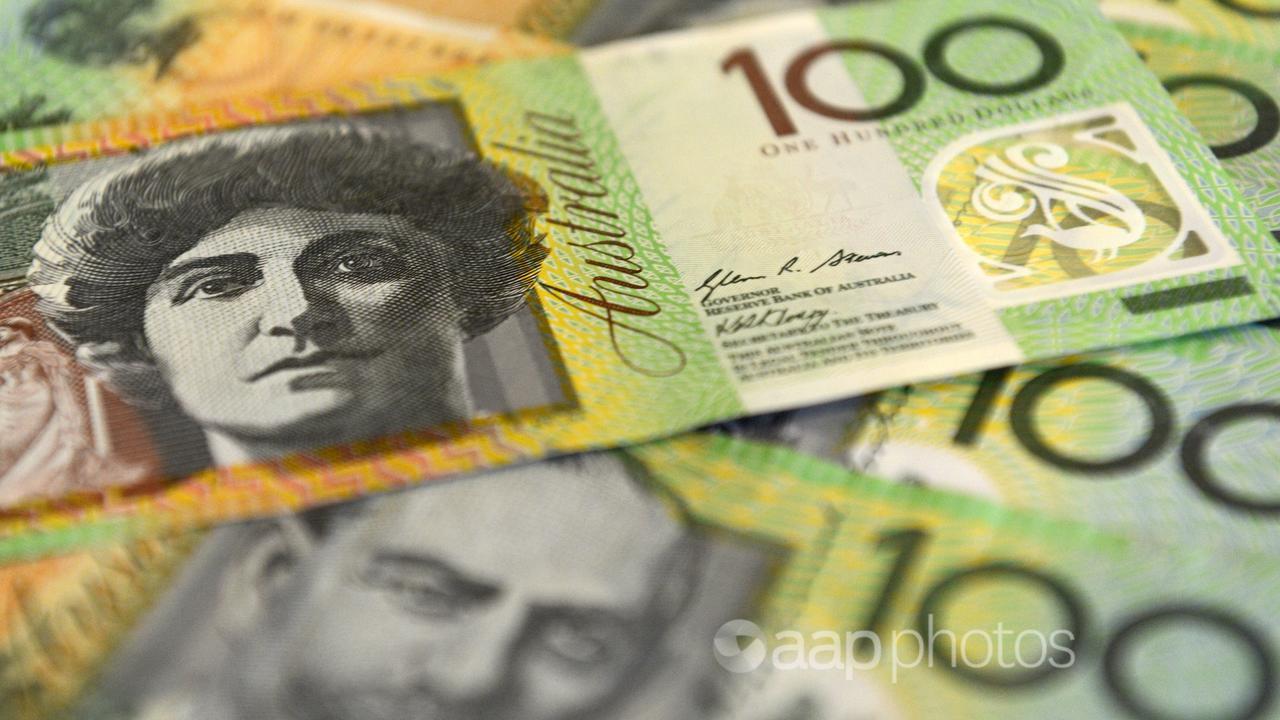Social media users are claiming that singer John Farnham has been paid huge sums of taxpayer cash for the use of his 1986 hit You’re the Voice by supporters of the proposed Indigenous voice to parliament.
Some posts put the figure as high as $30 million.
The claims are false. Farnham’s representatives and those behind the ‘yes’ campaign advert have confirmed the song was gifted. Regardless, neither the ‘yes’ or ‘no’ campaigns for the October 14 referendum have received any public funds.

There are numerous social media posts making the claim that taxpayer funds were used to secure the song for the ‘yes’ campaign, examples here, here, here, here and here.
The Uluru Dialogues launched the video advertisement featuring Farnham’s song on Sunday.
“This song changed my life,” the singer said in a statement.
“I can only hope that now it might help, in some small way, to change the lives of our First Nations peoples for the better.”

On Monday, Farnham’s agents TalentWorks and WaterCooler Talent released a statement confirming the song had been “gifted” to the Uluru Dialogues.
“We confirm that John Farnham has gifted his performance of “You’re the Voice” for its use in the Uluru Dialogue Yes Campaign advertisements,” they said.
David Wilson, managing partner at WaterCooler Talent, later confirmed that no money had been paid by the Uluru Dialogues or anyone else for the use of the song.
“Mr Farnham waived his performance fee in respect of the ‘Yes’ campaign’s usage of You’re The Voice,” Mr Wilson told AAP FactCheck in an email.

A representative from the Uluru Dialogues also confirmed to AAP FactCheck in an email that no money was paid to Farnham.
Sydney Morning Herald arts writer Michael Dwyer explained that songwriters – Andy Qunta, Chris Thompson, Maggie Ryde and the estate of Keith Reid – would be eligible for payment as they own the words and musical composition.
Sony Music Australia and Farnham also share sync fees for the song. A Sony representative confirmed to AAP FactCheck that the shared fee for the use of the recording in the campaign had been waived.
Even if Farnham had struck a financial deal with the ‘yes’ campaign, the money would not have come from Australian taxpayers.
As previously explained by AAP FactCheck, no public funds have been provided to either side. Instead public money has been spent on a neutral education campaign.
The Verdict
The claim that taxpayer funds were used to pay John Farnham for the use of his 1986 song You’re the Voice in a pro-Indigenous voice advert is false.
Farnham, the Uluru Dialogues and Sony Music Australia all confirmed the singer had gifted the song for use in the advert.
Even if the 74-year-old had struck a deal, taxpayers wouldn’t have footed the bill as neither the ‘yes’ nor the ‘no’ campaigns have received any public funds.
False – The claim is inaccurate.
AAP FactCheck is an accredited member of the International Fact-Checking Network. To keep up with our latest fact checks, follow us on Facebook, Twitter and Instagram.
All information, text and images included on the AAP Websites is for personal use only and may not be re-written, copied, re-sold or re-distributed, framed, linked, shared onto social media or otherwise used whether for compensation of any kind or not, unless you have the prior written permission of AAP. For more information, please refer to our standard terms and conditions.


















